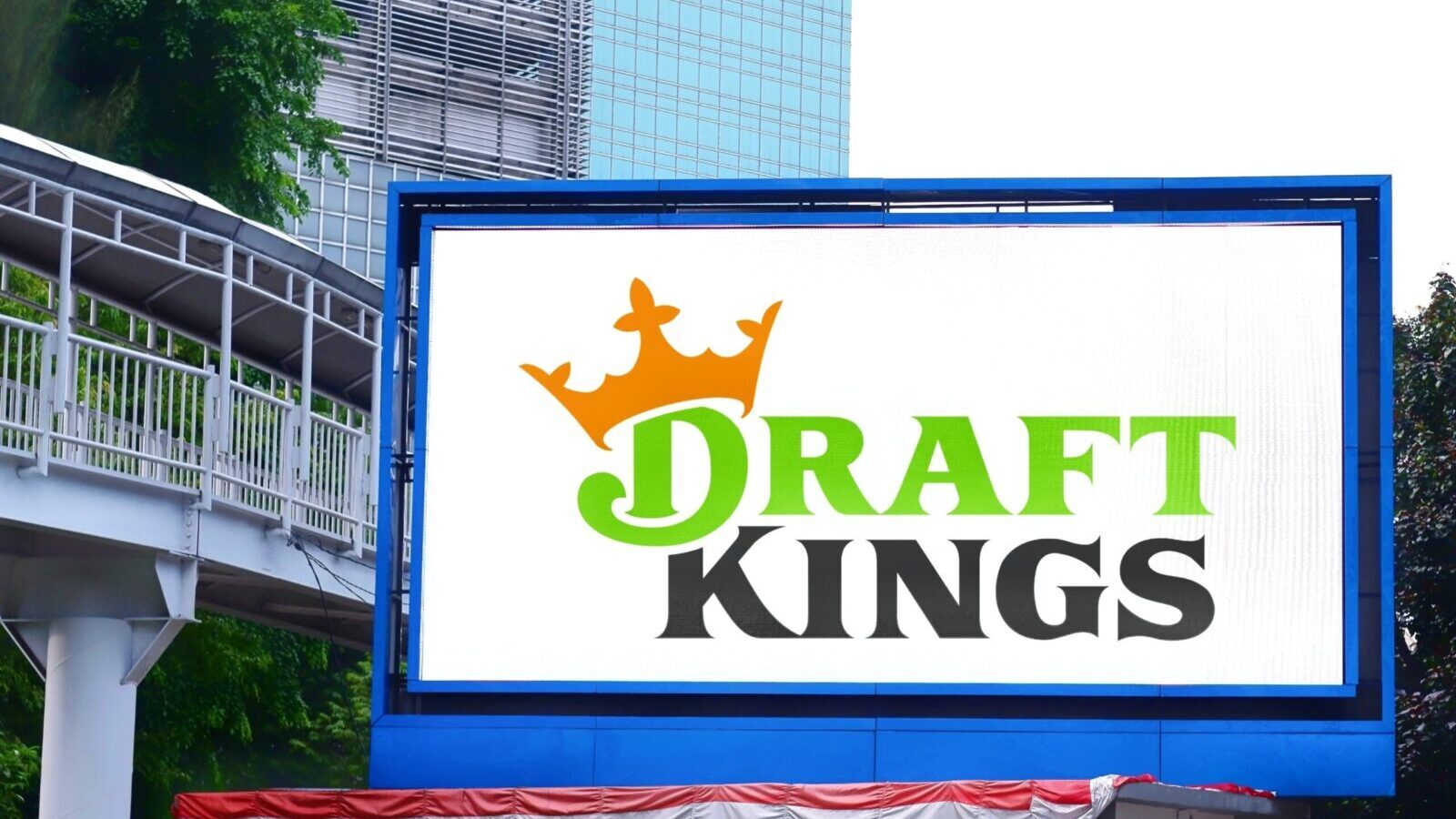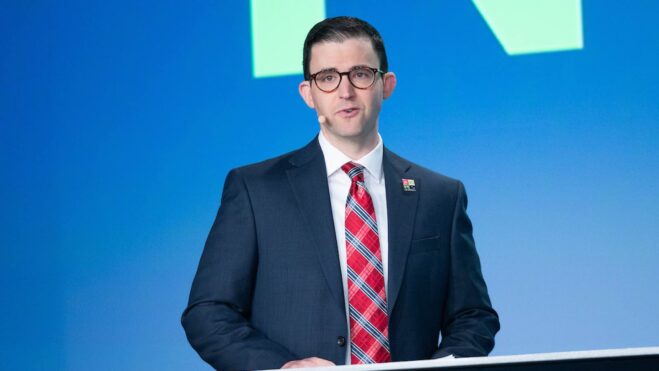Matt Kalish, A Founder Of DraftKings, Leaving Company
Kalish was one of three Boston pals who turned an upstart daily fantasy sports provider into a $15 billion company
1 min

For the first time since DraftKings’ inception in 2012, the company will be moving forward without one of its founders.
Matt Kalish, who has long served as president of the company alongside fellow founders Jason Robins (CEO) and Paul Liberman (president of global product and technology), is leaving the company as of March 31, 2026. This is per an SEC 10-Q filing.
“Matt Kalish has been my partner, along with Paul Liberman, in building DraftKings from day one,” Robins said in a statement provided to Casino Reports. “The three of us have led this company through every stage of its journey, and Matt’s impact on DraftKings and on all of us has been tremendous. I’m grateful he’ll stay with us through the end of March and continue to serve as a member of our Board of Directors following the transition. His guidance and insights will remain a valuable part of DraftKings as we grow further and innovate for the future.”
The trio founded DraftKings in Boston as a daily fantasy sports platform, launching just as the DFS market was gaining momentum in 2012. The company survived legal challenges to DFS in multiple states, pivoted successfully into sports betting following the 2018 Supreme Court decision that overturned PASPA, and went public via a SPAC merger in 2020. Today, DraftKings stands as one of the top two online sports betting operators in the United States alongside FanDuel, with a market capitalization exceeding $15 billion.
Prediction markets in future
As for that future Robins discussed in his statement? It includes the new kid at the table, prediction markets, as he laid out during the company’s Q3 earnings call last week.
Later, in a one-on-one conversation with In Game, Robins doubled down on that future.
“We have to make sure we don’t miss the boat and that we capitalize if the opportunity is there,” he said. “But we also have to consider that this could be something that’s around for a long time and an important part of our overall portfolio.
“Either way, the approach is the same. We’re going to go after it, compete, and win. We’ll be measured in how we think about investment and marketing until we get more data and have a better sense of how long-term this looks.”






